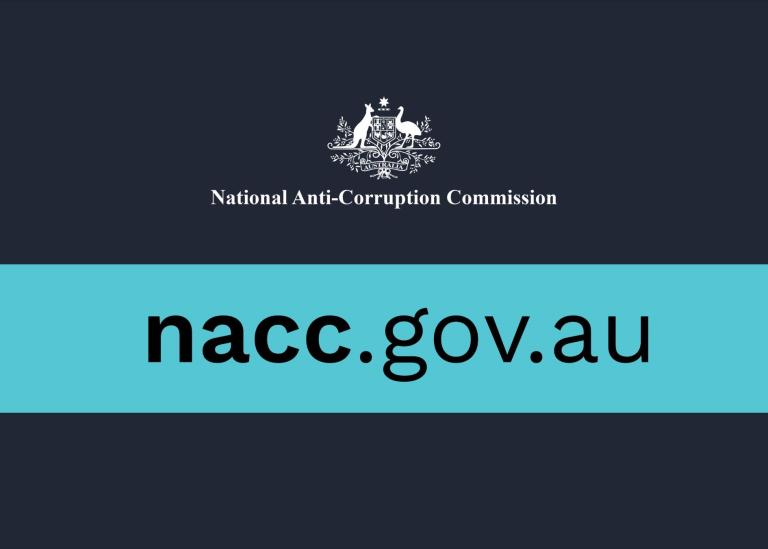By Media, Communications, Corruption Prevention and Education team at the National Anti-Corruption Commission
When the National Anti-Corruption Commission opened its doors on 1 July 2023, it marked a major step in strengthening integrity and accountability in the Commonwealth public sector.
Two years on, much of the Commission’s work remains confidential – by law and necessity. But the Commission is now firmly established and making progress on its mandate to detect, investigate and prevent corruption.
Unseen work of the NACC
Like most other anti-corruption and integrity bodies, the Commission’s work is mainly conducted out of the public eye. Confidentiality is essential for protecting investigations, safeguarding whistleblowers and witnesses, preventing unfair damage to reputations and encouraging cooperation. Behind the scenes, however, the Commission has been very busy.
Referrals and investigations
Since the Commission began operations on 1 July 2023, we have completed assessment of more than 4,500 referrals – about 85% of the more than 5,400 referrals received to date.
As of 1 July 2025, the Commission has commenced more than 55 preliminary investigations, more than 40 full corruption investigations and has monitored or had oversight of more than 40 internal corruption investigations by other public sector agencies.
Of the 31 current investigations:
- 15 relate to one or more senior officials (SES and above)
- 14 relate to procurement
- 13 relate to one or more former or current parliamentarians or parliamentary staffers
- 6 relate to one or more law enforcement officials
- 5 relate to recruitment
Others relate to contractors or consultants, grants and entitlements.
Corruption prevention and education
In 2 years we have conducted 249 presentations or engagements – with parliamentarians and their staffers, agency heads, public servants and the community. These activities build resistance to corrupt conduct and foster a culture of integrity across the Commonwealth public sector.
The first Commonwealth Integrity Survey
A major milestone in the Commission’s second year was the Commonwealth Integrity Survey 2024. This survey gathered insights from 58,309 public sector employees across 171 agencies, helping us understand and measure observations and trends relating to integrity and corruption in the public sector.
Survey data is being used to identify potential corruption risks and inform anti-corruption strategies. This helps better protect agencies and individuals from corruption.
Emerging themes
Recurring corruption themes in referrals and investigations in the past 2 years have included:
- recruitment in the APS
- nepotism and cronyism
- procurement
- the public/private interface
The first NACC investigation to be completed and publicly reported – Operation Kingscliff – was a paradigm case illustrating systemic risks in APS recruitment.
Operation Kingscliff found that an SES officer in the Department of Home Affairs improperly used her position to influence employment processes for the benefit of her sister and her sister’s fiancé. The official’s involvement included her promoting her sister’s fiancé as a candidate for a position, praising him to colleagues, creating the job requisition, approving it herself and forging a witness signature on paperwork to fast-track onboarding, all the while concealing the family relationship from others. At no point did she disclose the relationship. The Commission found the official had engaged in corrupt conduct by abusing her office to give her sister and her sister’s fiancé an improper benefit. Had the public official not resigned from the APS, the Commission would have recommended her employment be terminated.
The Commission is developing materials to promote transparency and best practice in areas such as procurement processes, managing conflicts of interest and ethical decision-making.
Looking ahead
Two years is a short time in the life of a national institution, and strengthening integrity across government is a long-term endeavour.
As complex investigations reach completion and the Commission’s operational achievements become more visible, it will increase deterrence and public confidence in government institutions.
At the same time, corruption risks are evolving. Partnerships and engagement with public sector agencies, officials and civil society will remain central to the Commission’s success.





